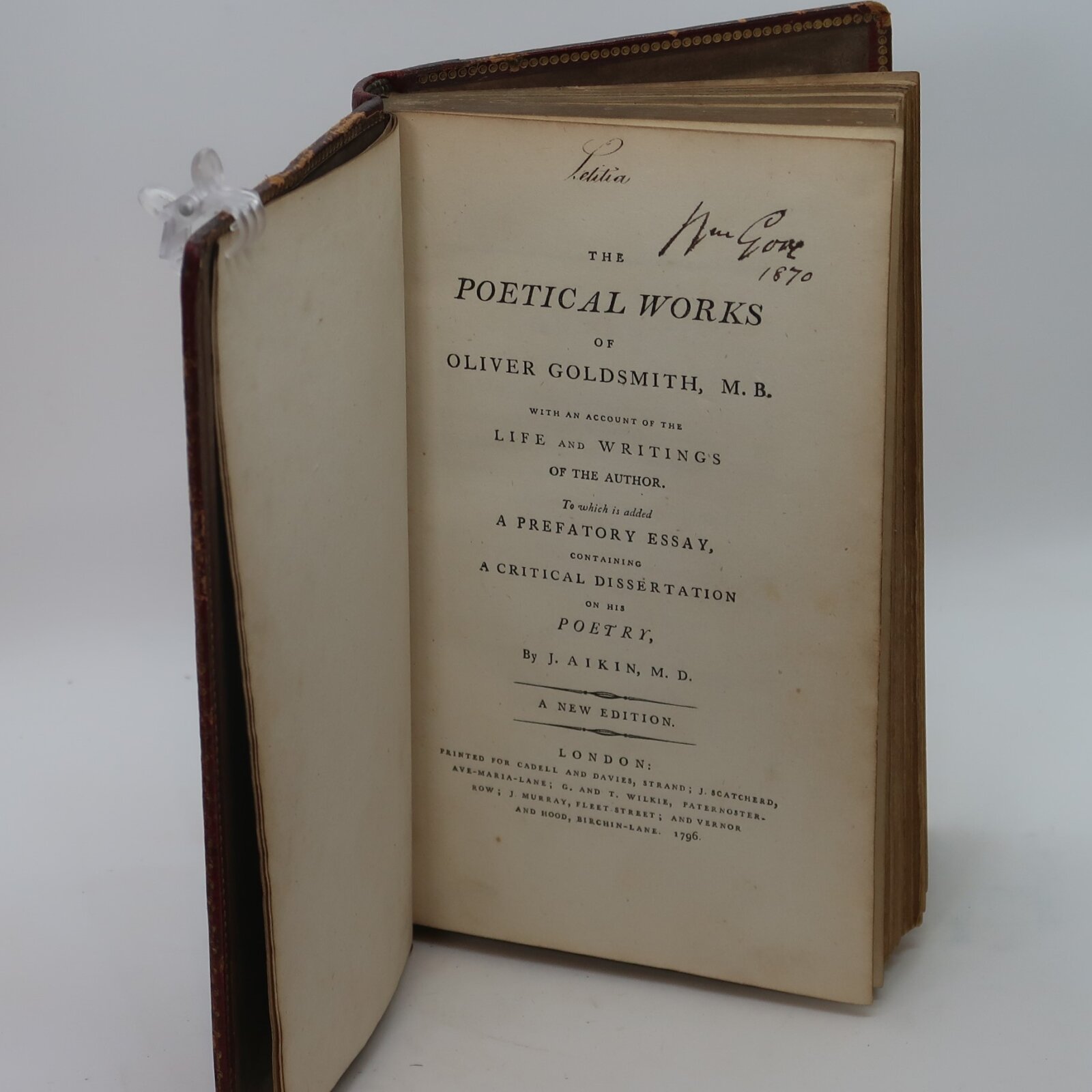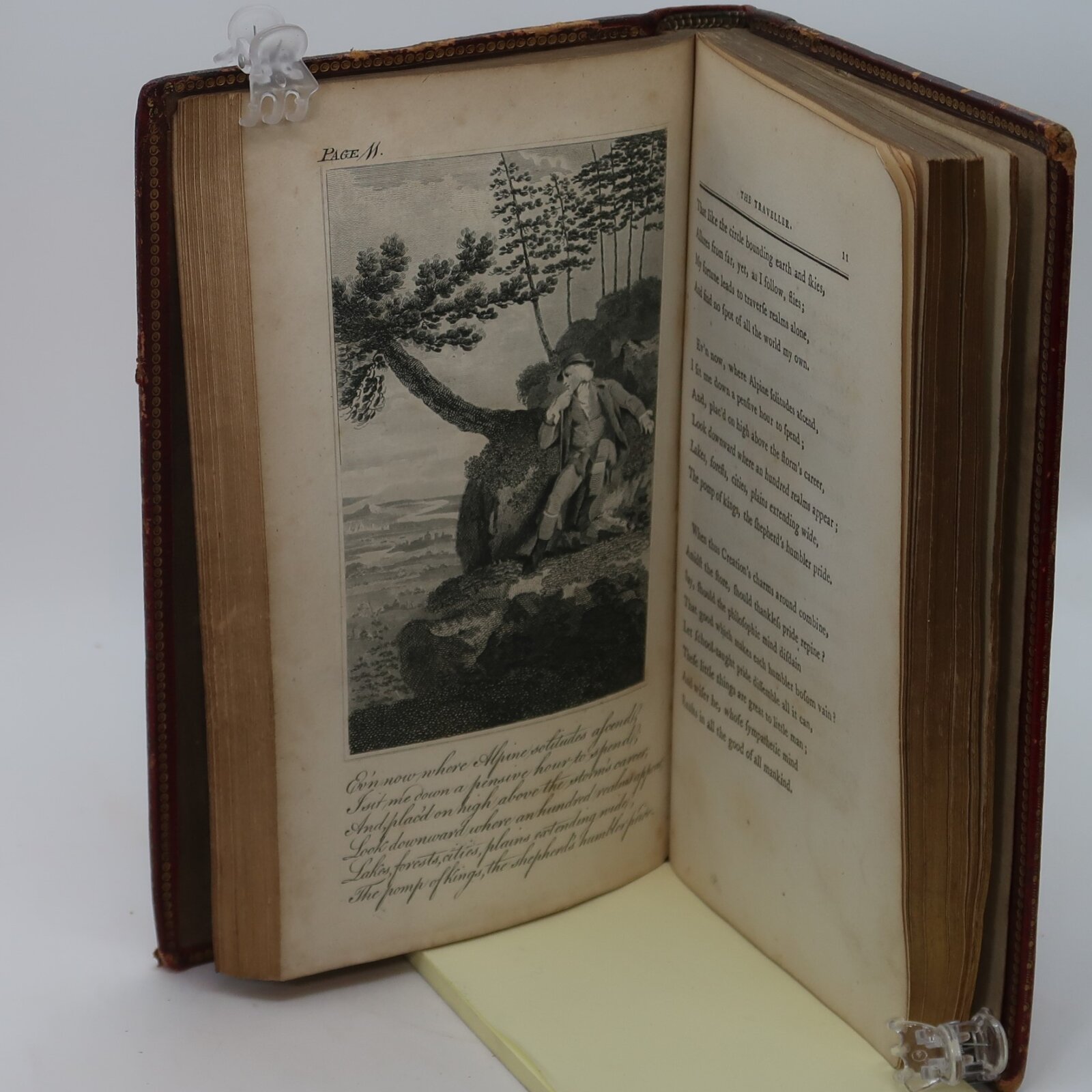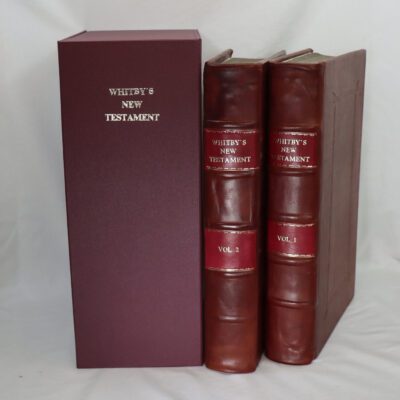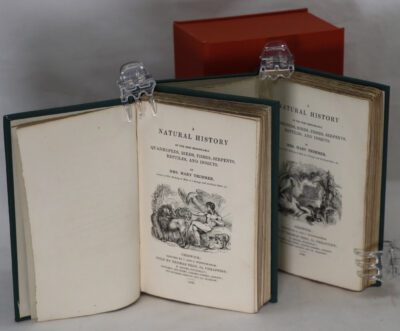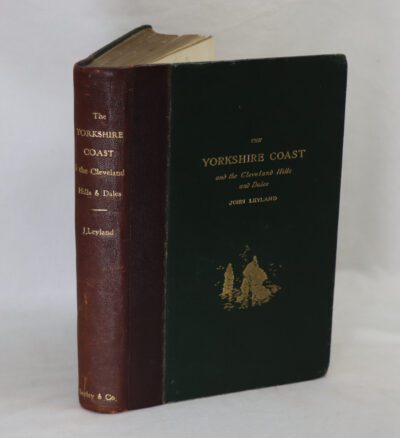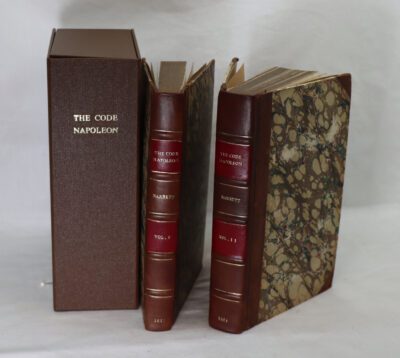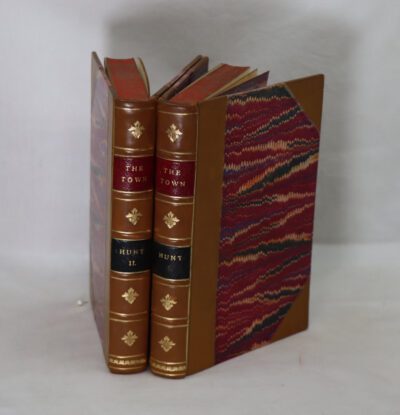Goldsmith's Poems.
By Oliver Goldsmith
Printed: 1796
Publisher: Cadell & Davies. London
Edition: new edition
| Dimensions | 12 × 19 × 2.5 cm |
|---|---|
| Language |
Language: English
Size (cminches): 12 x 19 x 2.5
Condition: Fine (See explanation of ratings)
FREE shipping
Your items
Item information
Description
Red leather binding with black title plate, gilt banding and decoration on the spine. Gilt line edging on both boards. All edges gilt.
A well read edition.
The Deserted Village is a poem by Oliver Goldsmith published in 1770. It is a work of social commentary, and condemns rural depopulation and the pursuit of excessive wealth.
The poem is written in heroic couplets, and describes the decline of a village and the emigration of many of its residents to America. In the poem, Goldsmith criticises rural depopulation, the moral corruption found in towns, consumerism, enclosure, landscape gardening, avarice, and the pursuit of wealth from international trade. The poem employs, in the words of one critic, “deliberately precise obscurity”, and does not reveal the reason why the village has been deserted. The poem was very popular in the eighteenth and nineteenth centuries, but also provoked critical responses, including from other poets such as George Crabbe. References to the poem, and particularly its ominous “Ill fares the land” warning, have appeared in a number of other contexts.
Oliver Goldsmith (10 November 1728 – 4 April 1774) was an Anglo-Irish novelist, playwright and poet, who is best known for his novel The Vicar of Wakefield (1766), his pastoral poem The Deserted Village (1770), and his plays The Good-Natur’d Man (1768) and She Stoops to Conquer (1771, first performed in 1773). He is thought to have written the classic children’s tale The History of Little Goody Two-Shoes (1765).
Want to know more about this item?
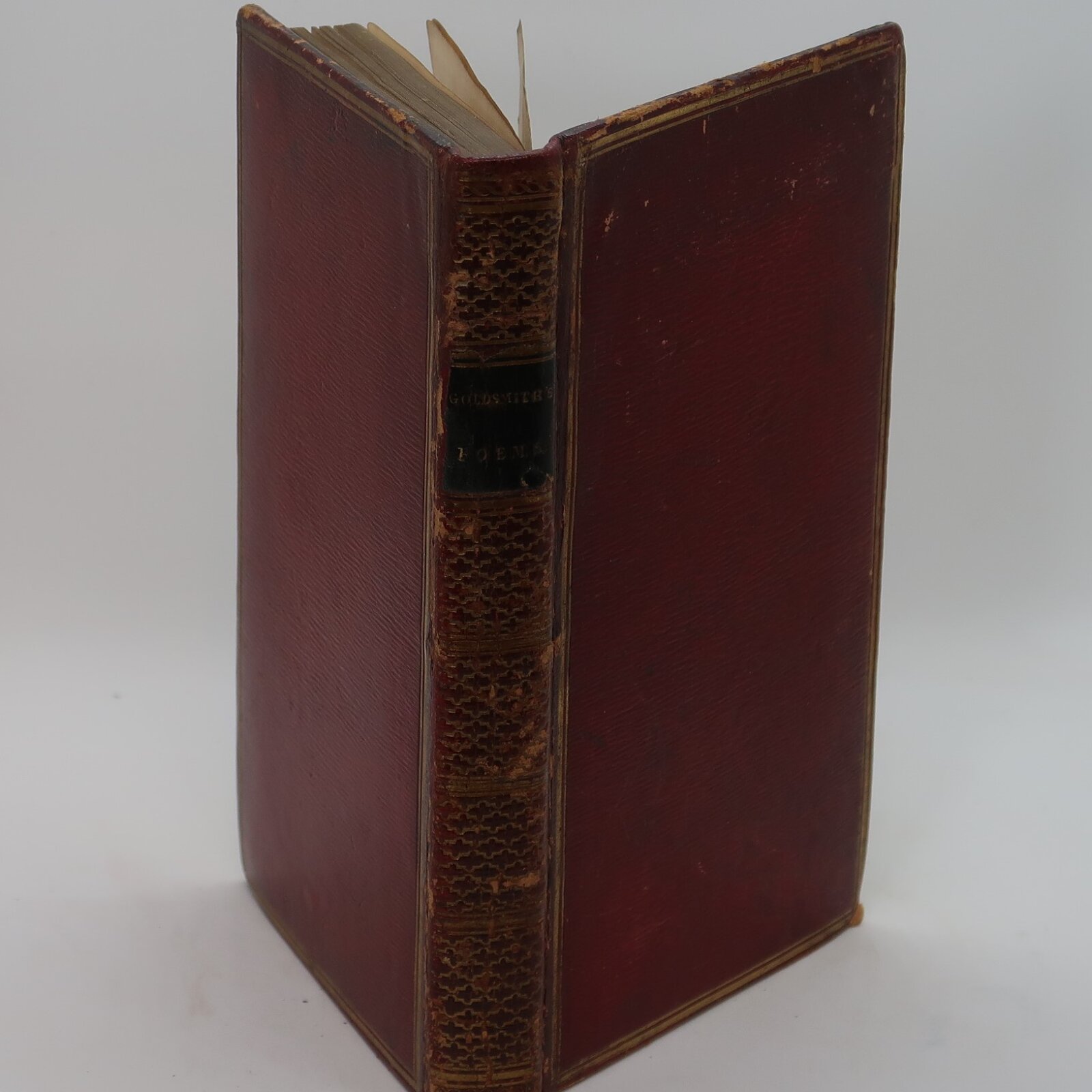
Related products
Share this Page with a friend

